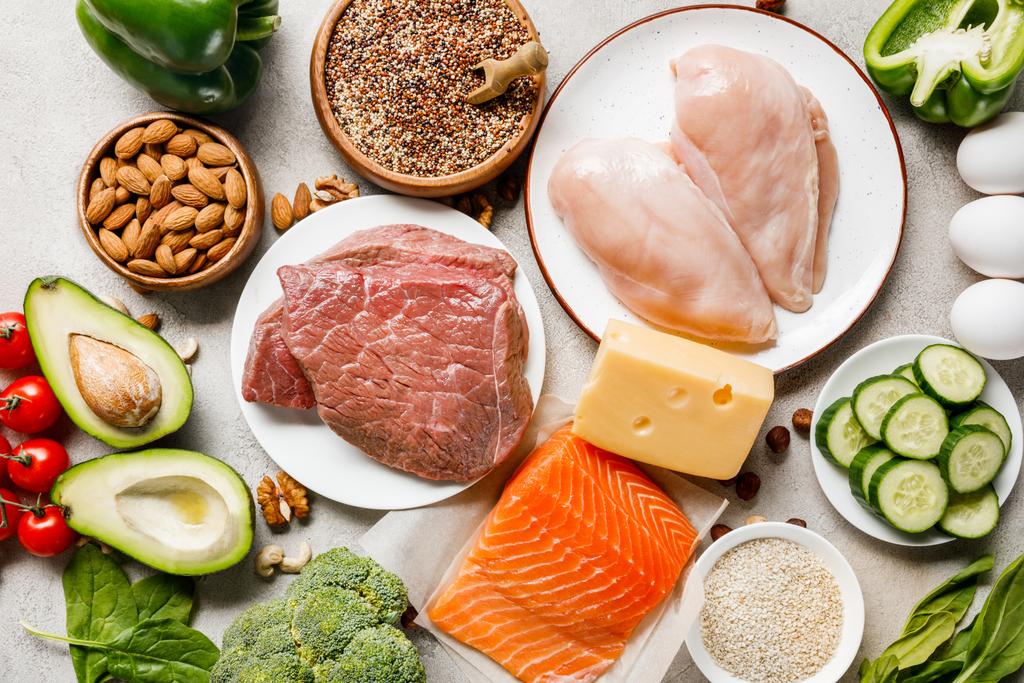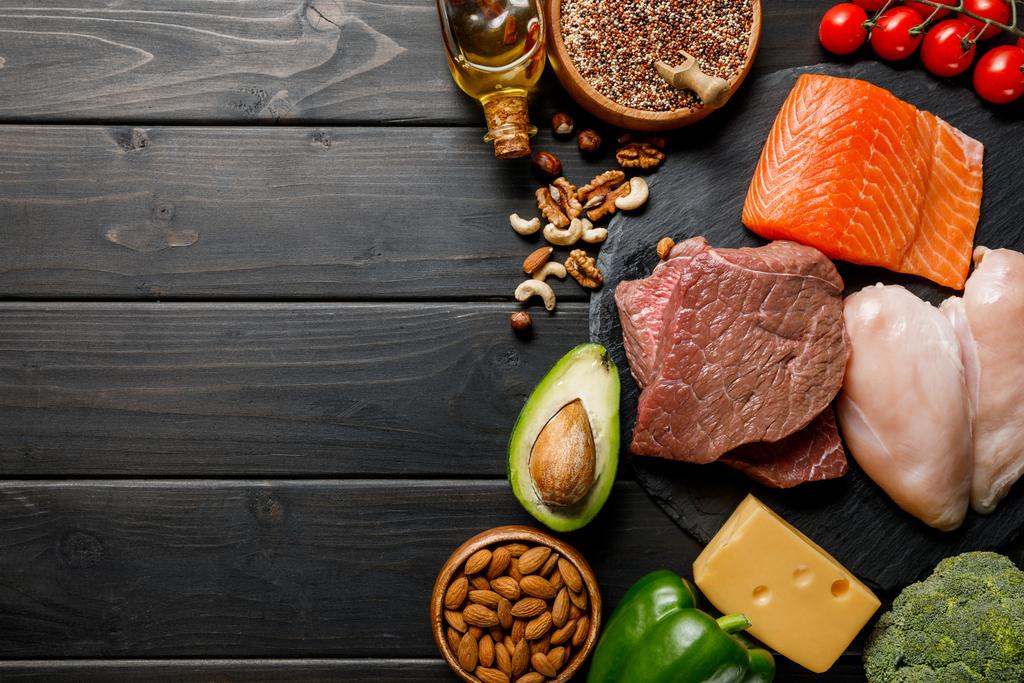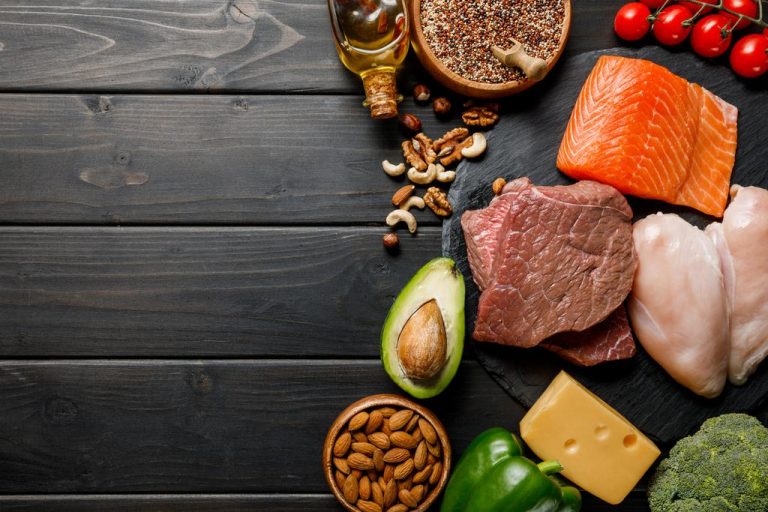Proteins are made up of important amino acids that the body needs. But many can do without high-protein products. In fact, they should: otherwise they can harm their bodies.
Doctors warn: be careful with the protein – how much is too much?
The German Society for Nutrition (DGE) has the rule of thumb: Adults (19 to 65 years) should consume 0.8 g protein/kg body weight per day. This means that an average adult weighing around 70 kilograms needs around 56 grams of protein per day. If you exercise for more than five hours a week, the protein requirement climbs to 140 grams a day.
Elisabeth Schieffer, a professor at Hannover Medical School, explains that only very limited amounts of dairy products are needed to prevent cardiovascular disease. Special foods
This is also confirmed by the nutritionist of the DGE, Antje Gahl. “Protein consists of various amino acids and the breakdown product in the body is urea.” This urea then has to be broken down by the kidneys. Too much protein leads to an overload of the organ
Protein hype comes from craze for low carb diets
Monika Bischoff, nutritionist from the Center for Nutritional Medicine and Prevention in Munich, explains where the “high protein” hype came from in the first place. The initial spark for the many products was the idea of the “low carb diet”. “That means we reduce carbohydrates and fats – and replace the whole thing with proteins, i.e. proteins,” she is quoted as saying by Bayerischer Rundfunk. With the proteins absorbed in this way, one hopes that losing weight will be easier. In addition, the consumers of the protein-rich products want faster muscle building.
Nevertheless, she considers this consideration to be a blatant fallacy: “When losing weight, it is important to eat fewer calories than you actually need. If the daily calorie account is full, the proteins are no longer of any use.” On the contrary: the excess proteins could be converted into body fat. That’s why “high protein” is not a slimming product.
According to Elisabeth Schieffer, certain protein building blocks, such as the amino acids valine, isoleucine and leucine, should only be consumed in small amounts. Because: an increased level is associated with insulin resistance, cardiovascular diseases and cancer. According to Schieffer, conventional dairy products are absolutely sufficient for an animal diet to cover the daily protein requirement. The expert recommends fermented milk products. For example, like buttermilk, kefir or natural yoghurt. For a healthy lifestyle, the professor at the Hannover Medical School recommends a balanced diet with lots of fruit and vegetables, nuts, whole grain products and fish.

